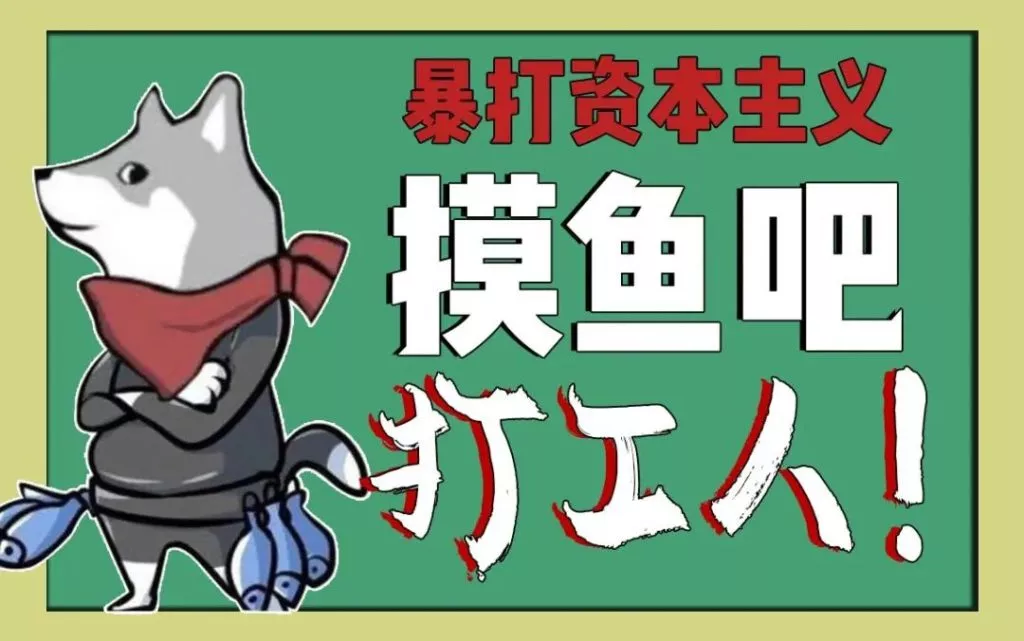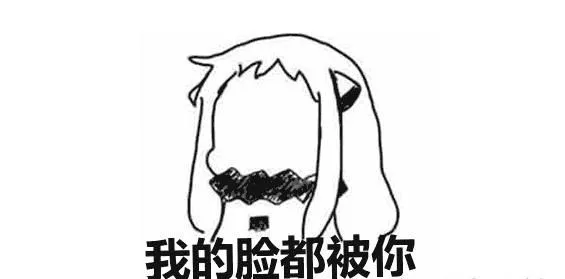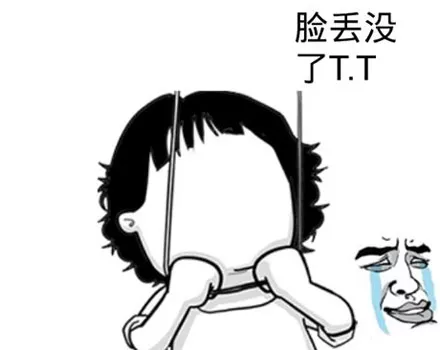Dao Insights have picked out five of the top trending buzzwords which are commonly used among China’s young netizens and explained their background and usage.
摸鱼 mō yú
The term has been adopted by office workers to refer to idleness during working hours
摸鱼 originally refers to the idiom 浑水摸鱼 (húnshuǐ mōyú), which means ‘fishing in troubled waters’. It is used to describe when an individual is trying to benefit from a situation that is fraught with disorder or confusion for personal gain.
The term has been adopted by office workers to refer to idleness during working hours, specifically procrastinating by doing unrelated tasks. In order to make up their full working day, 摸鱼 will pretend that they are working, but are actually partaking in other activities, such as scrolling through social media.

On the Chinese Q&A platform Zhihu, a netizen asked: “What is the meaning of 摸鱼?”. Someone replied: “If you are asking this question or looking at this answer while working, congratulations, your behaviour is 摸鱼.”
社死 shè sǐ
Meaning ‘social death’, it has developed a more light-hearted meaning to describe embarrassments in daily life
社会性死亡 (Shèhuì xìng sǐwáng), which is commonly shortened to 社死, means ‘social death’. It refers to a situation in which people make a fool of themselves around others or act in a way that makes them feel embarrassed. The most extreme case of ‘social death’ is that a person is so ashamed that they don’t want to go outside to see people, and momentarily wish to be dead.

The term ‘social death’ originates from Thomas Lynch’s book The Undertaking which describes different types of death. He refers to ‘social death’ as dying among relatives and friends. In sociology, it has also been used to describe people not accepted by mainstream society.
‘Social death’ was picked up by netizens and transformed into a form of Chinese internet slang. It was initially used when online users conducted an in-depth online search about a celebrity or individual who appeared in the news. They would find out extensive details about the person’s private life and pass judgments on them, leading to a situation where they felt publicly shamed. However, it has adopted a more light-hearted meaning to describe embarrassments at work, in a relationship or with family/friends. ‘Saving face’ is an important aspect of Chinese culture, and for many, this is seen as Gen-Z’s equivalent of 丢脸 (losing face).
气氛组 qìfèn zǔ
It took on another meaning after Starbucks successfully applied the term in a Weibo post
气氛组, literally ‘atmosphere group’ describes vibe builders or people who warm up and develop a good atmosphere at a party or other social gathering. Originally, it was often used for people who work in clubs or pubs and make the nightlife more exciting.
It took on another meaning after Starbucks successfully applied the term in a Weibo post after the phrase started trending. The coffee chain used 气氛组 to refer to the group of people who always ‘work’ at Starbucks with their laptops and make their stores seem like a professional work environment. As a matter of fact, many customers are using their laptops to watch films, spend time on social media, or call friends.
干饭 gànfàn/干饭人 gànfàn rén
The term, which means to ‘eat food’ in the Sichuan-Chongqing dialect, was made viral by a short-video creator
干饭人 represents people who gobble down food or eat a substantial meal. The term, which means to ‘eat food’ in the Sichuan-Chongqing dialect, was made viral by a short-video creator.
Every time he ate a meal in his rural yard, he would call out “it’s time to 干饭!” In each video, he holds a bowl full of food towards the camera but his chickens always run towards it and snap up the vegetables in his bowl.
The video became a meme and brought the word to the attention of netizens. As a result, people often describe themselves as 干饭人 if they are hungry or want to eat a large amount of food.
夺笋呐 duó sǔn nà
夺笋呐 (duó sǔn nà) has been used by netizens to mean ‘don’t make a fool of yourself’ as it sounds almost identical to a phrase of that meaning, 多损哪 (duō sǔn nǎ). The term was made famous by the influencer “Charming Teacher Guo” who is known for her comical accent.
She has gained a considerable following due to her unique pronunciation which netizens find very funny. The creator, who has accounts on Weibo, Douyin, Kuaishou, uses Chinese homophones and a combination of Chinese and English to create ‘new’ words in her videos. For example, she pronounces: 猕猴桃 (mí hóu táo) kiwi as 迷hotel (mí hotel); and 姐妹 (jiěmèi) as 集美 (jíměi).

She originally used the word 夺笋呐 when complaining about people’s behaviour during the pandemic online:
“The COVID-19 situation is so bad but you guys still visit other people’s homes. Don’t embarrass yourself. 夺笋呐.”
Following the post, netizens began replacing 多损哪 with 夺笋呐 to express the same meaning.
Since the phrase literally means ‘take the bamboo shoots’, netizens have created panda stickers with bamboo shoots to express the term.
Get with the internet ‘lingo’
Buzzwords highlight many of the key trends and subcultures among China’s young generation. In order to create effective campaigns, it’s important to realise that consumer language, and internet slang is ever-changing and a key part of their expression. Indeed, many Chinese brands, e.g. Taobao, have incorporated these buzzwords into their copy, which has helped them to appeal to Gen-Z consumers.
If you enjoyed this article and want to contribute a piece to Dao, please get in touch with the team at [email protected]
Read more:











